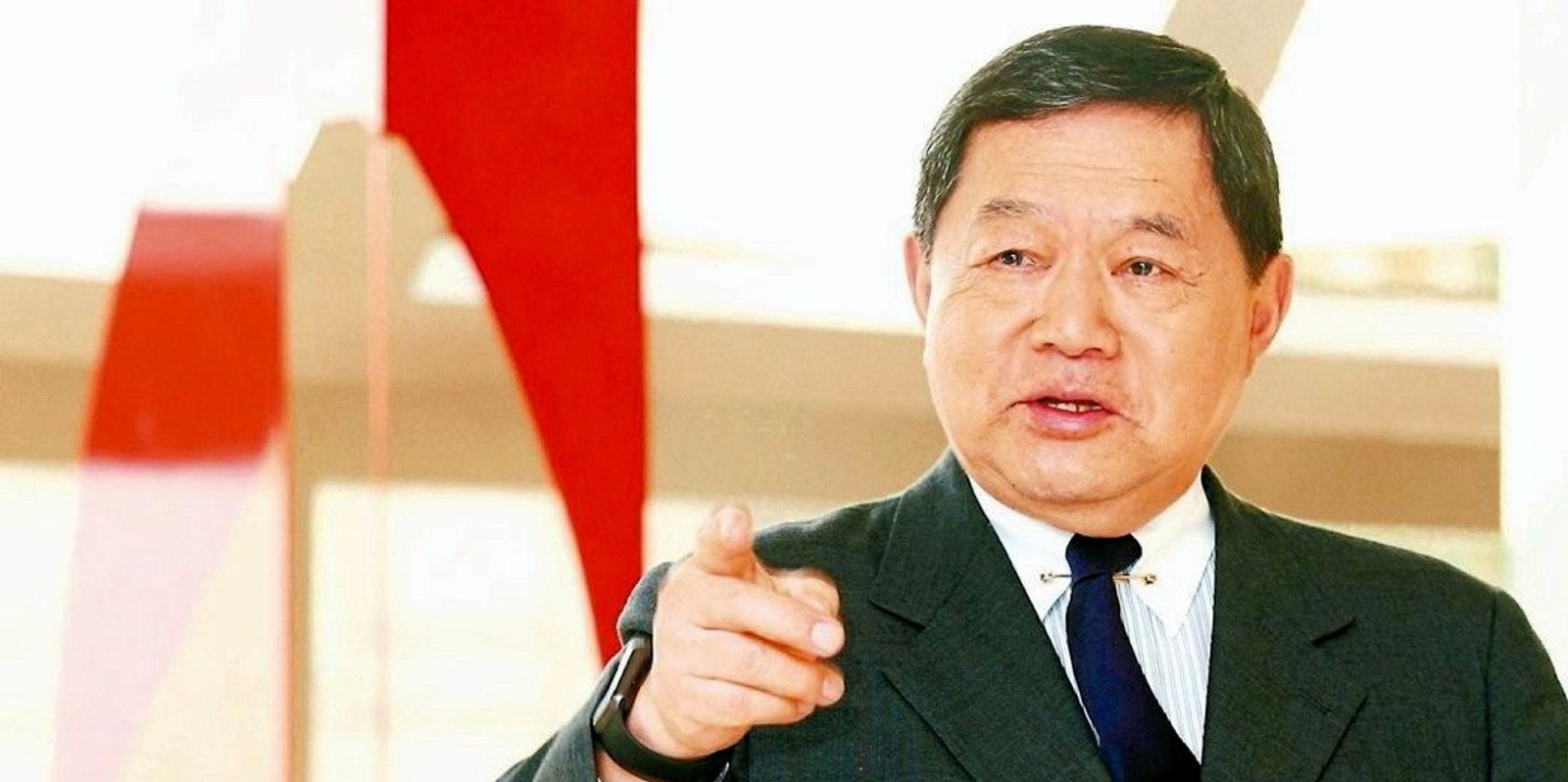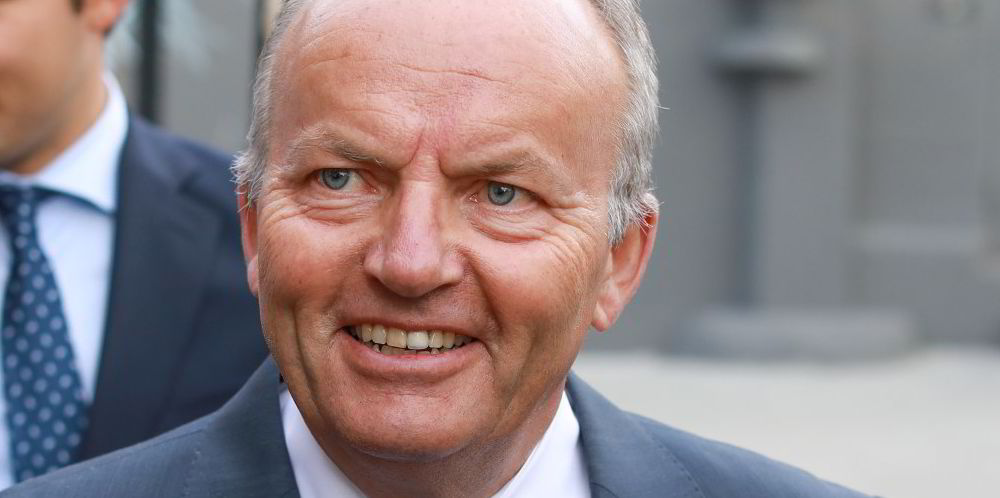U-Ming Marine Transport chairman Douglas Hsu is forecasting healthy bulker earnings for the rest of this year as the company looks forward to receiving new eco-ships.
The Taiwanese executive was speaking at the Taipei-listed owner’s annual general meeting on Wednesday.
The company revealed a cash dividend of TWD 3 ($0.10) per share on the back of its “strong” 2021 net profit of TWD 4.9bn.
Hsu said the payout maintained the company’s record of high surplus returns to shareholders, as well as high dividend yields.
He said the owner has a “sound financial structure”, with a total of TWD 12.15bn in undistributed earnings and reserves available.
“U-Ming will continue its efforts to reward shareholders with a strong performance,” he said.
Hsu believes that once the pandemic is brought under control in China and restrictions are eased, the Chinese government is determined to activate its aggressive stimulus policy in the second half of this year.
“We believe this should support steel demand and raw material imports in the coming months,” he added.
An increase in demand for electricity in India due to high temperatures has also depleted the coal inventory there.
“Thus substantial imports were needed into the country. As a result, the capesize freight market has benefited and a substantial improvement was seen in Q2 2022, together with the ongoing strong market sentiment for the small and medium-sized bulk carriers,” Hsu told the AGM.
The Ukraine war has also boosted tonne-mile figures, he said.
New ships will boost earnings
U-Ming has 12 bulkers and a cement carrier on order for delivery from this year through to 2024.
“At the end of 2020, before the rebounding of the dry bulk market and the surge in newbuilding prices, U-Ming had foreseen that the demand for dry bulk transportation would continue to grow, compounded by the limited future supply growth of dry bulk vessels,” Hsu said.
The programme is costing $650m, but U-Ming said this is now 20% cheaper than ordering the same ships today.
Hsu said the new LNG-fuelled vessels will boost earnings further.
The company has set a target of 30% CO2 emission reductions by 2025, based on 2013 figures.
U-Ming will continue to work with major customers to expand its low-carbon fleet by using LNG, ammonia and methanol as fuels, Hsu pledged.





